![Bible Study series No.18 from the Gospel of John [Mary's Faith and the "Oil of Nard"]](https://mustardseedchapel.com/wp-content/uploads/2022/01/o0640042014261066847.jpg)
Prelude:
We can divide the Gospel of John into two main parts. The resurrection of Lazarus in chapter 11, which we talked about last time, marks the end of Jesus' ministry on earth. From chapter 12, we read about His steps to the cross and His preaching before the cross, so we can say that today's section is a prologue to Jesus' crucifixion.
In addition, John, Matthew, Mark, and Luke also wrote this article, so please refer to them.
(Matthew 26:6-13, Mark 14:3-9, Luke 7:36-38)
I have always been confused as to who Mary was who poured the oil of nard on Jesus, but some scholars seem to think it is a different story.
The Bible often describes things in a way that is not clear, but I try not to pursue it too much because the content is more important.
The time is six days before the Passover, about a week before the Lord Jesus went to the cross.
The place is Bethania. Matthew and Mark tell us that it was the home of "Simon the leper" in Bethania. Perhaps Simon was the one who had been healed of his disease by Jesus.
The location of the dinner is uncertain, but the Gospel of John says that Lazarus, Martha, and Mary, the brothers mentioned in chapter 11, were with Jesus at the table, which suggests that John referred to the resurrection of Lazarus as an important event.
John seems to tell a consistent story of Jesus' life. I thought it would be easier to introduce the life of Jesus through the Gospel of John.
The introduction is a bit long, but let's get into today's theme.
While they were eating, a surprising event happened.
Mary broke open an urn of the "oil of Nard" which is very expensive and she poured it on Jesus.
At that time, someone severely condemned her behavior.
It was Judas Iscariot, a disciple. John expressed his anger that Judas betrayed the Lord.
When I was a child, I read this scene and thought, "Judas should not condemn Mary who did out of gratitude, but doesn’t he have a good point as well? Because Jesus had always been on the side of the poor, and He doesn't even want to be extravagant.
But I learned much later that there was a deeper meaning to Mary's performance.
Back then in Israel, people used fragrant oil in religious ceremonies.
In the Old Testament, when kings, prophets, or priests were appointed, they had anointed their heads with oil. The word "Christ" means "the anointed one.
In other words, when Mary anointed Jesus here, she was confessing that he was the Christ, the Anointed One.
It meant special gratitude for Jesus after Jesus had brought Lazarus back to life. Who else would have been able to offer the kind of hospitality that Jesus wanted? Mary loved to listen to Jesus' stories.
Whenever Jesus came to visit the siblings, Mary loved to stay close to him and talked about many things with Jesus. There is a famous story that Mary was scolded by her sister Martha, who had been busy entertaining.
Oil played an another role as it was applied to the corpse at the funeral to remove the smell of death from the dead.
Jesus said in verse 7, "“Leave her alone,” Jesus replied. “It was intended that she should save this perfume for the day of my burial.”
In other words, the oil was a sign of Jesus' upcoming death on the cross.
However, we don't know exactly whether Mary had foreseen this or not. Even the disciples, who had heard Jesus talk about His death many times, never expected Jesus to be caught and put to death.
Considering Judas’s later actions, I doubt his objections were with the poor in mind. Like Judas, our thoughts and behaviors are not always for God, but for ourselves. We have the tendency to think God is always on our side and He will listen and answer to all our wishes. The disciples of Jesus were the same. We pray earnestly for ourselves and our families.
We do not always devote our time to others or take care of them as Jesus did.
Mary's behavior was not only an expression of her heartfelt gratitude for Jesus showing great love for her. I believe Mary provided the best hospitality that she could to give Jesus deep comfort and joy before His crucifixion.
Postlude:
This oil that Mary so generously poured on Jesus was made from the root of this spikenard and was worth over 300 denarii. At that time, this was the equivalent of a worker's annual income.



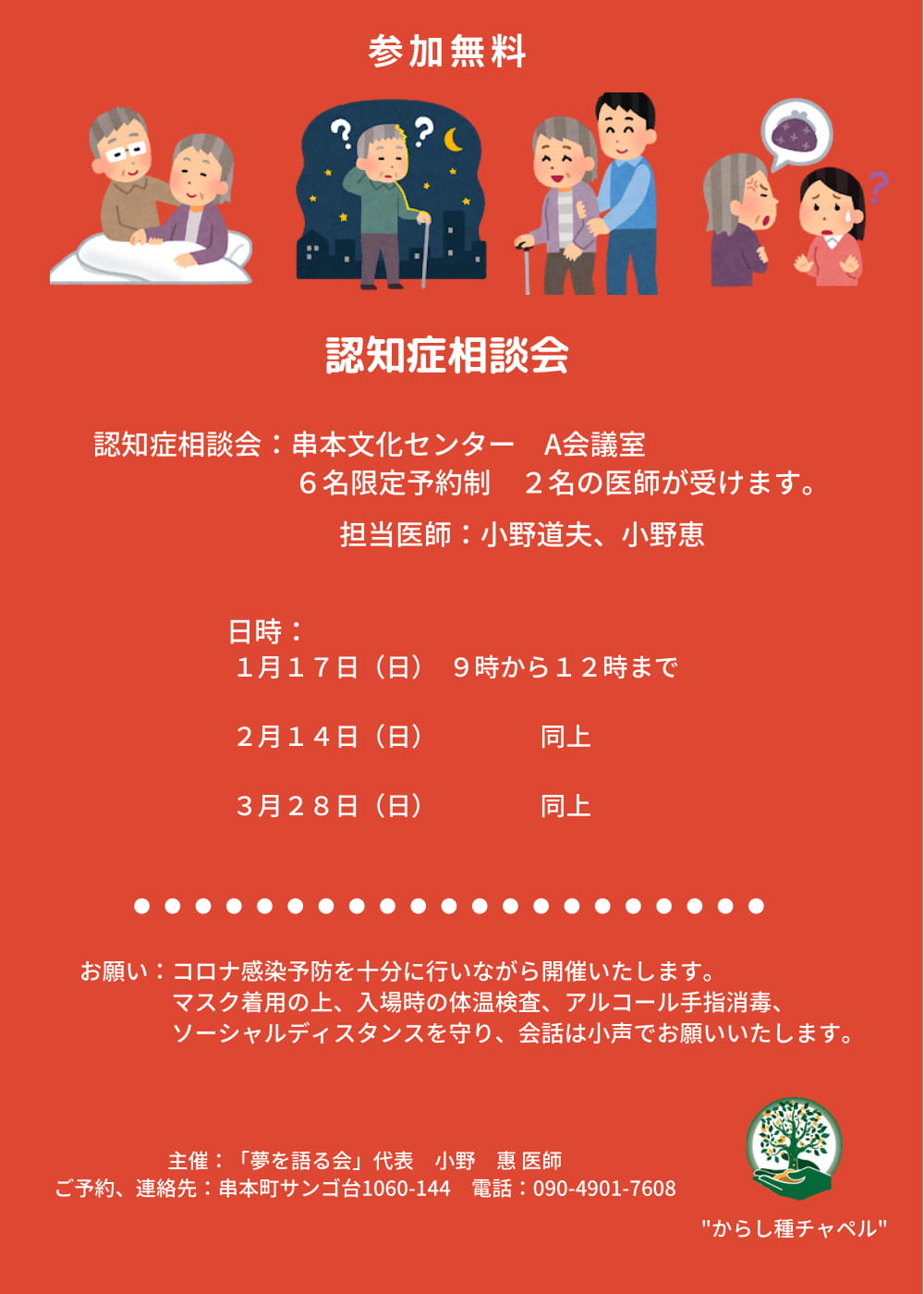





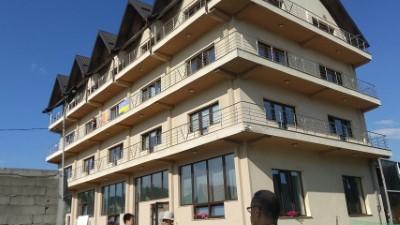






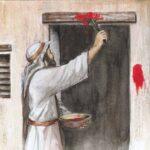





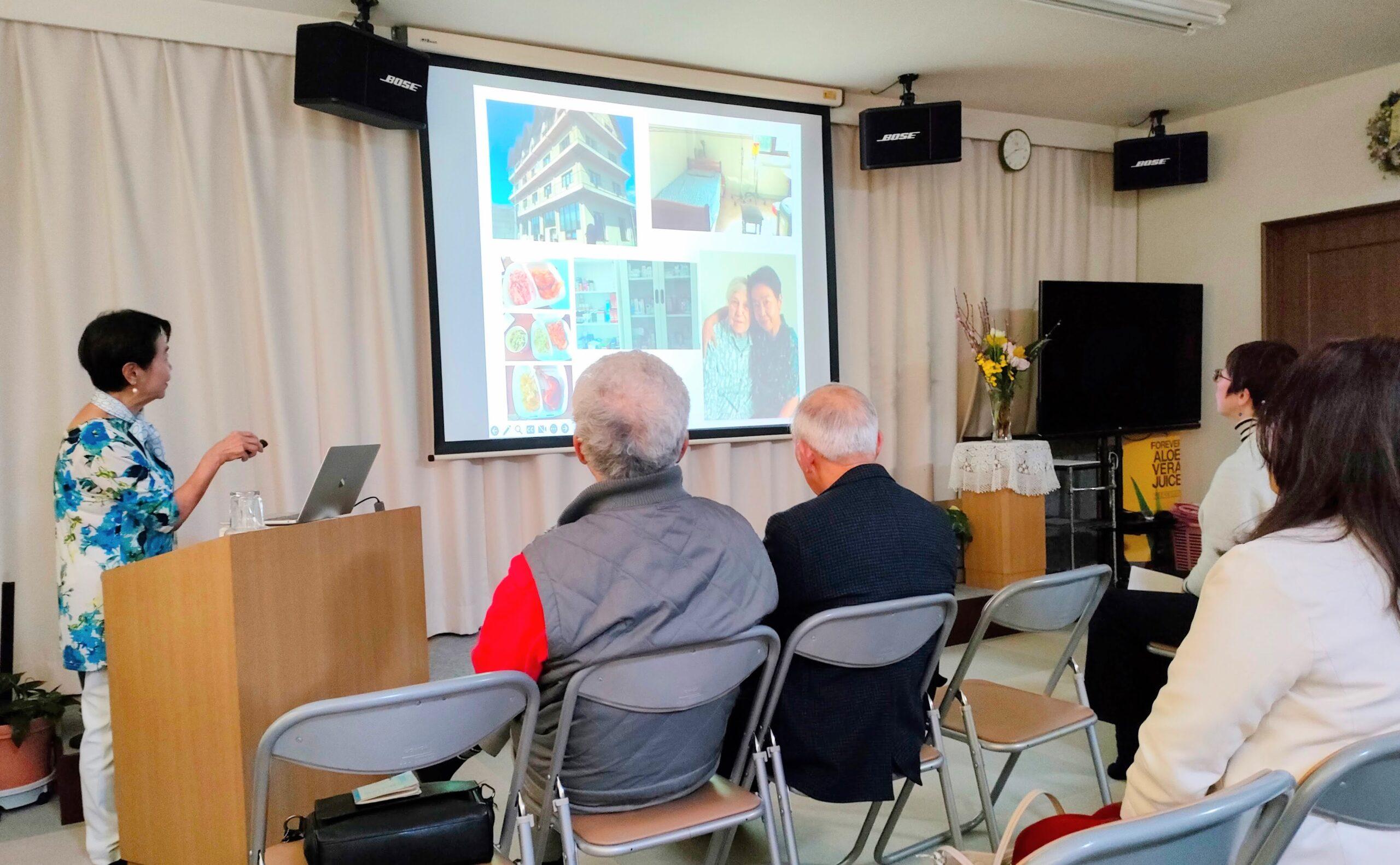
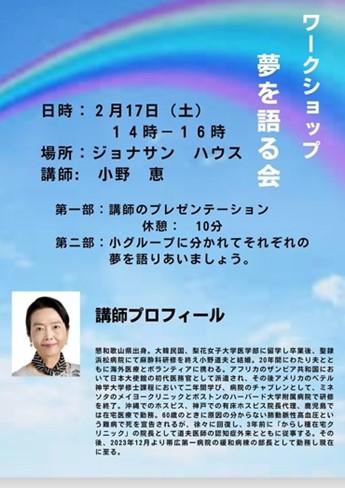
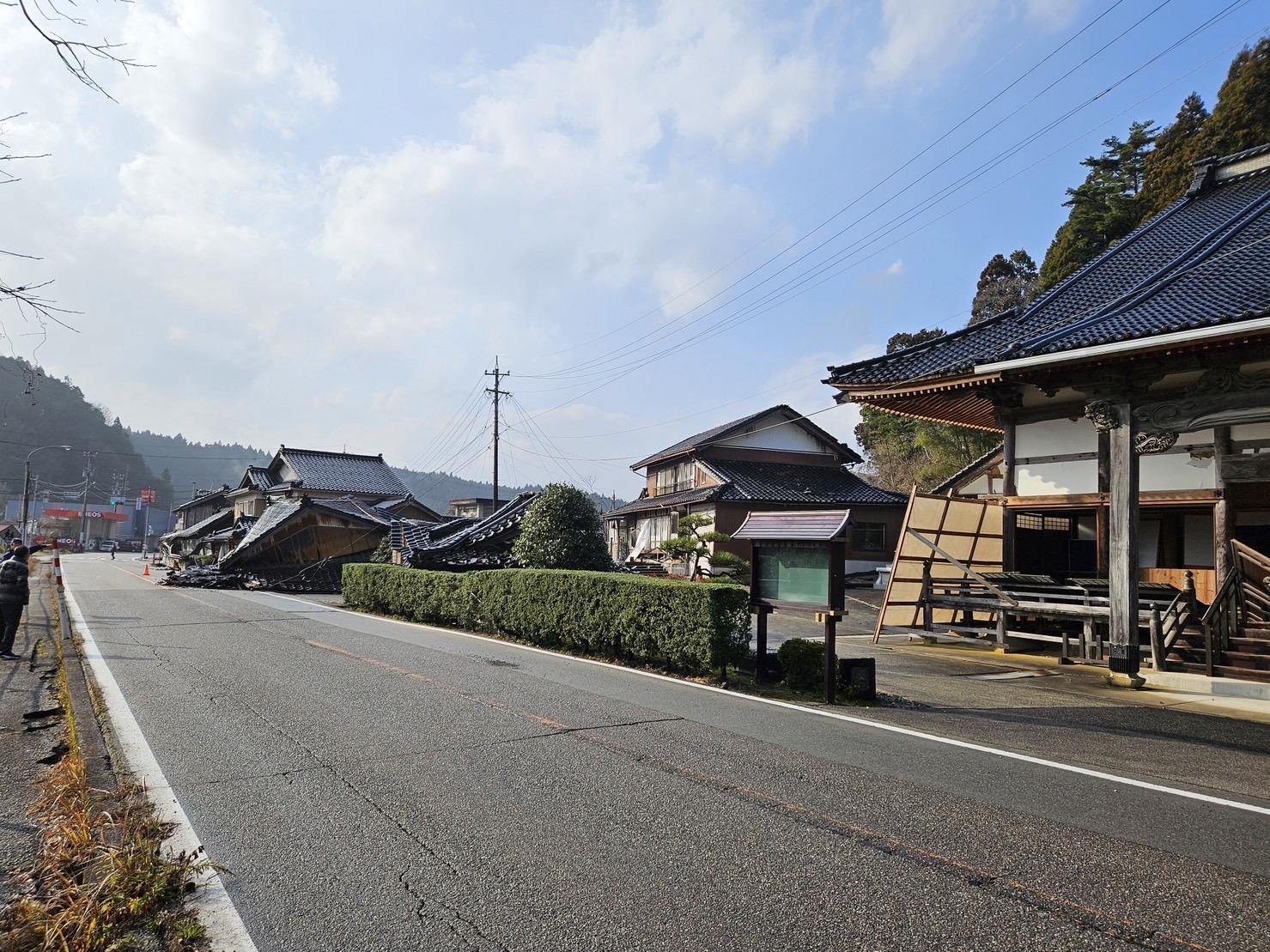
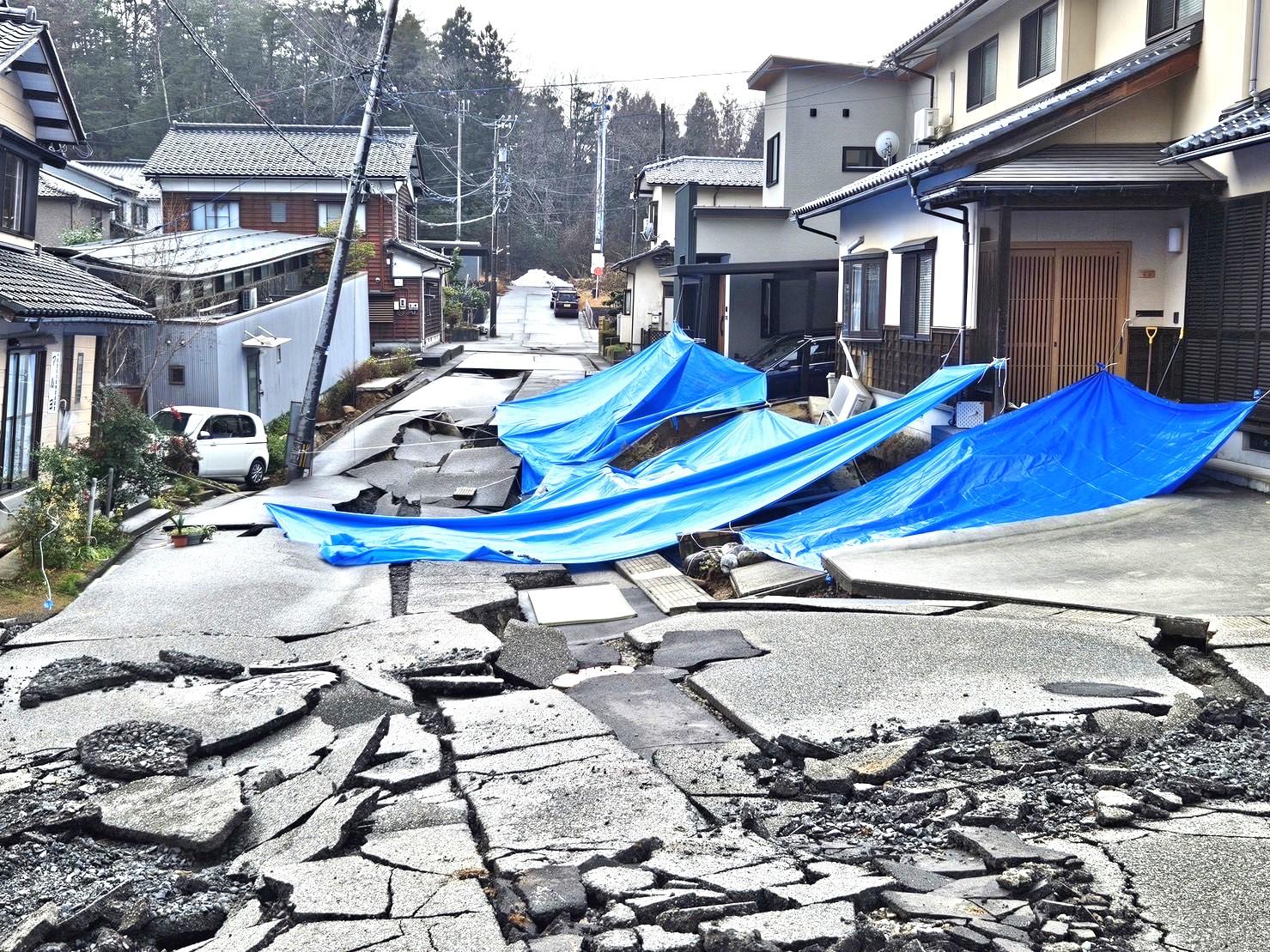
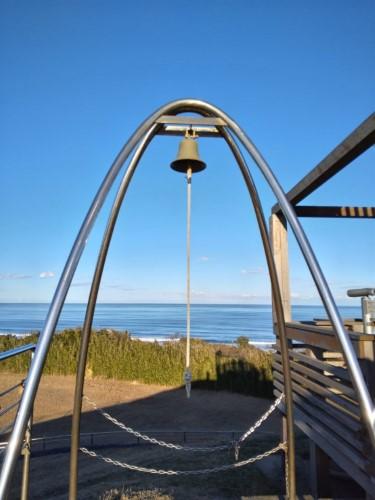

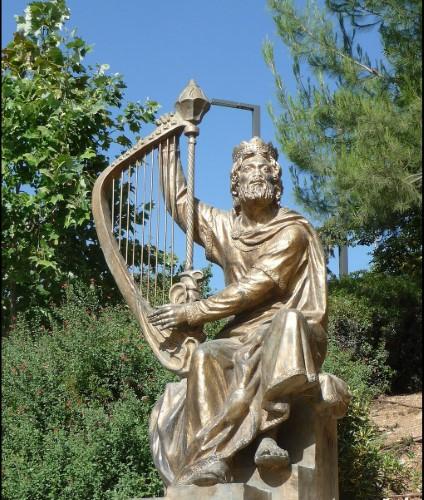
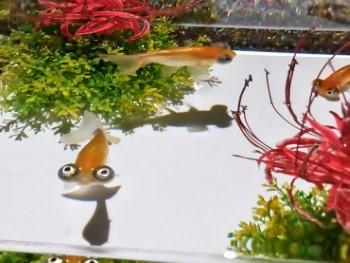

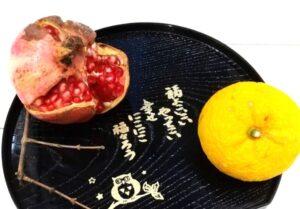

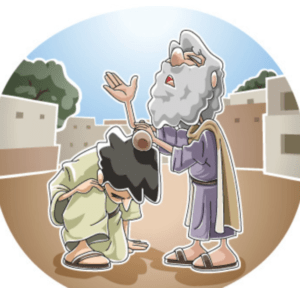

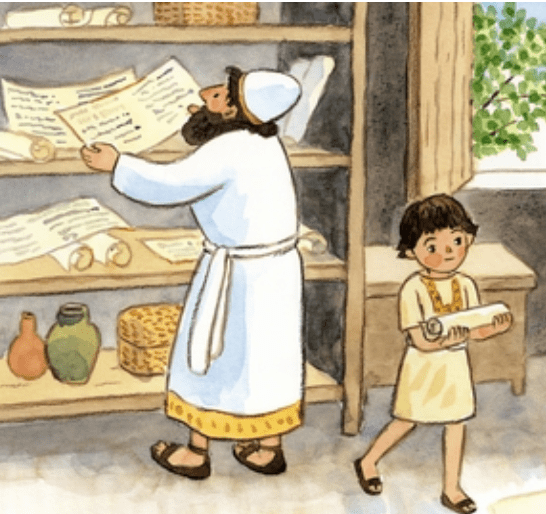
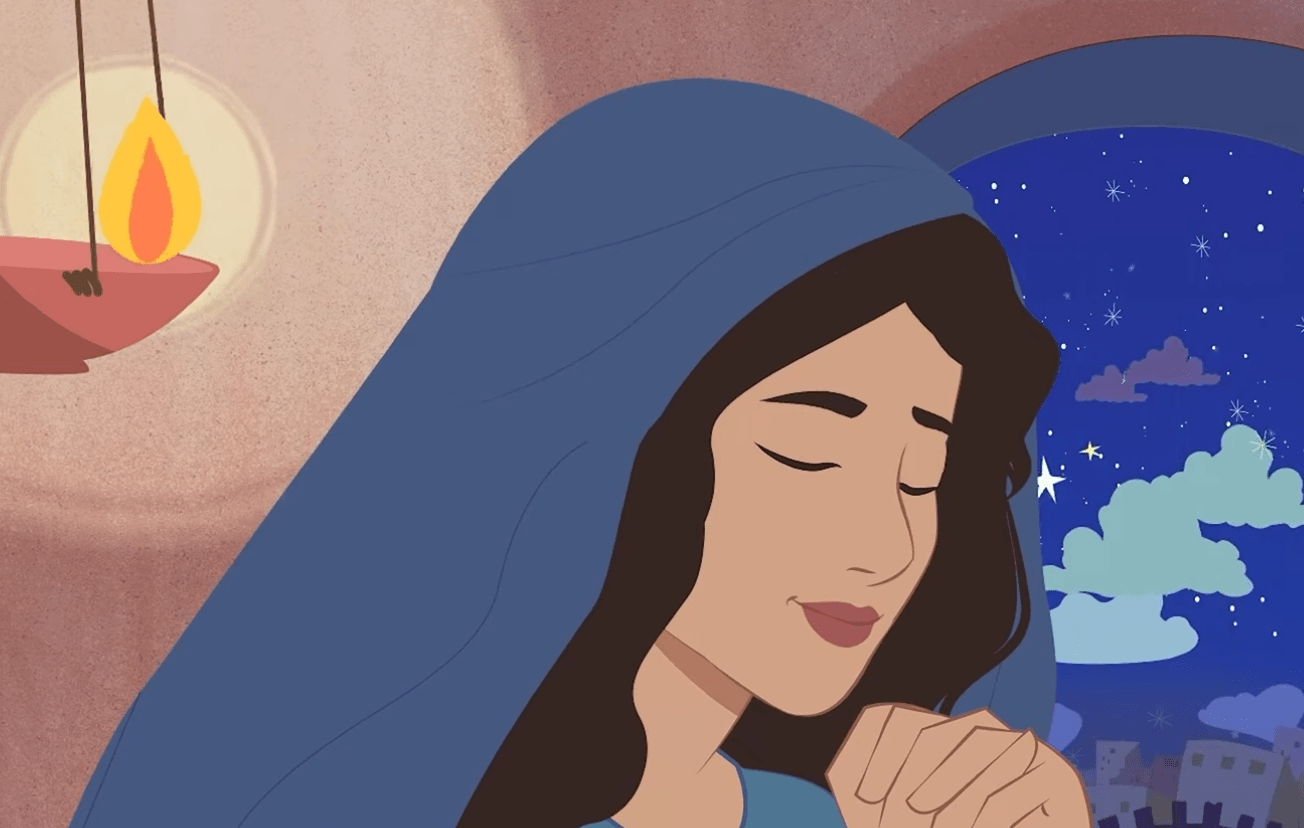
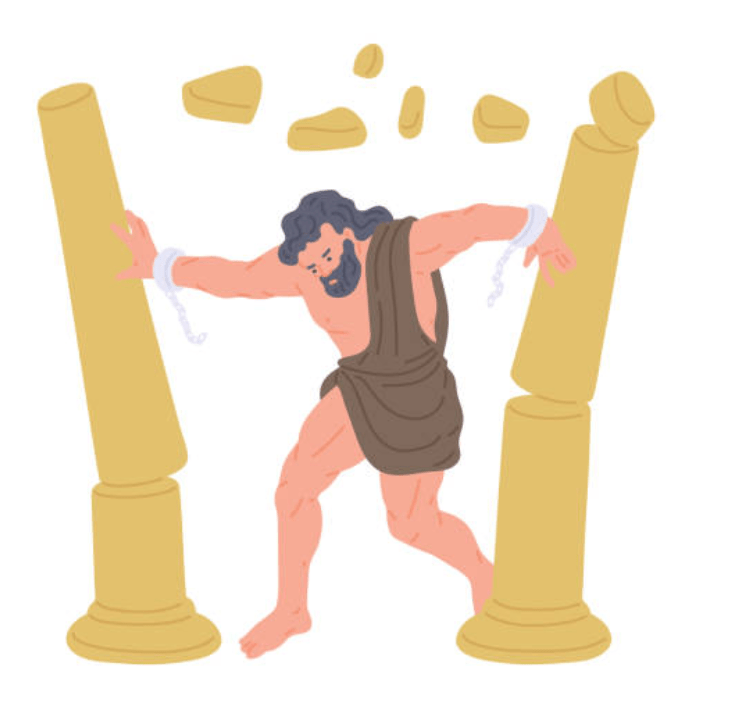
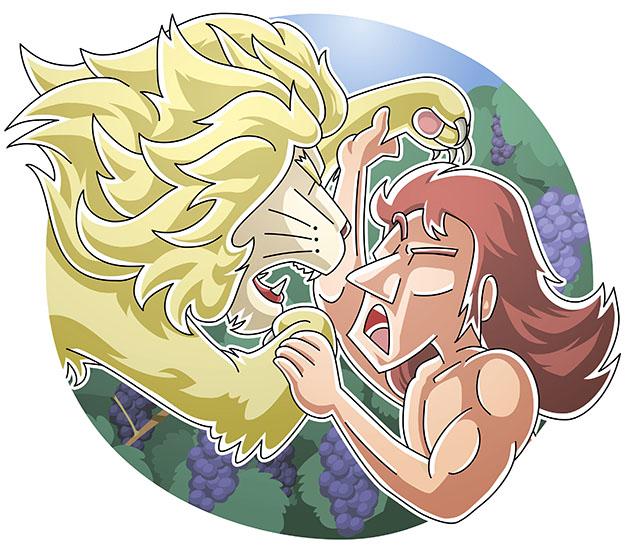
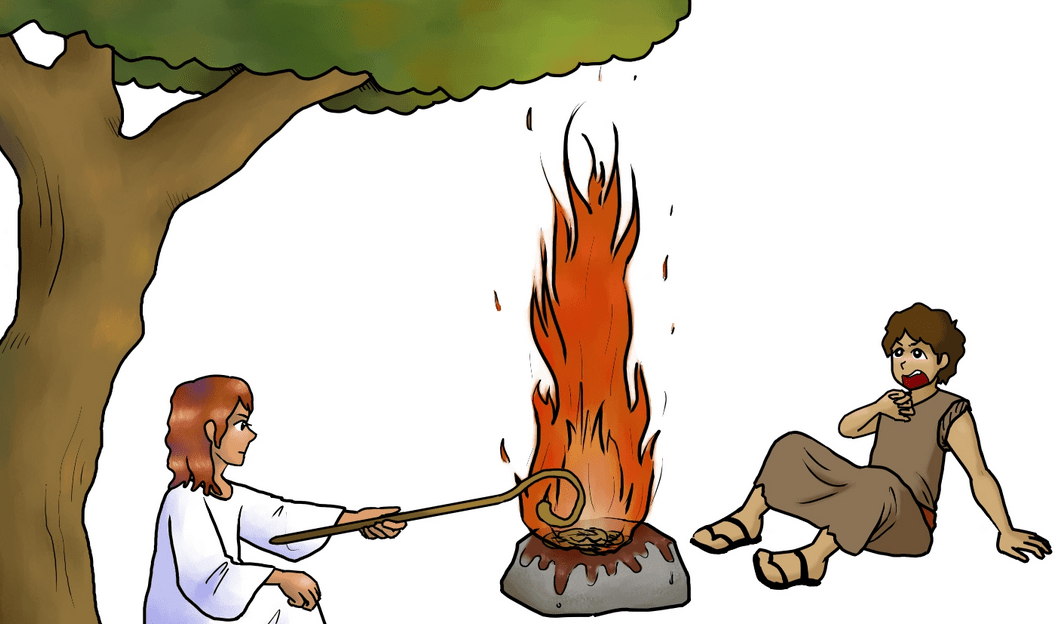
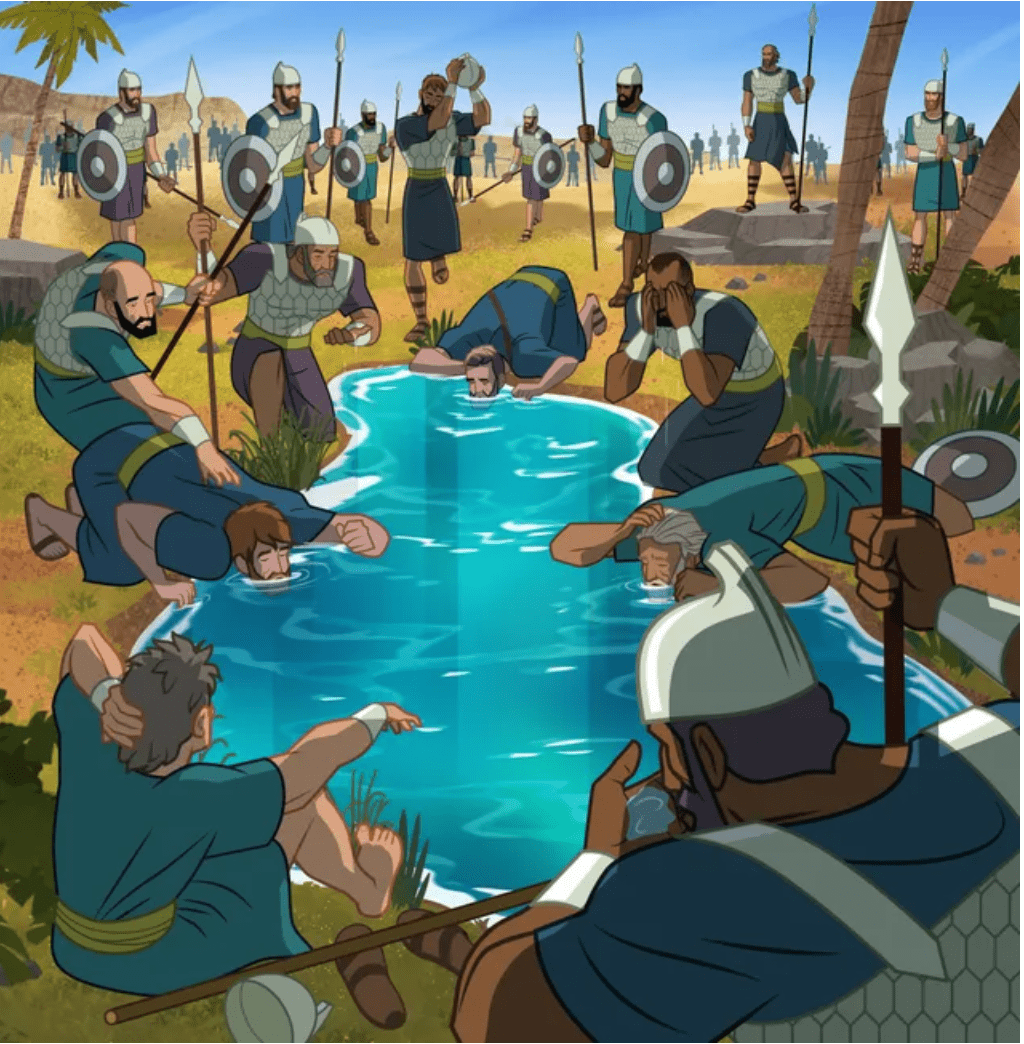
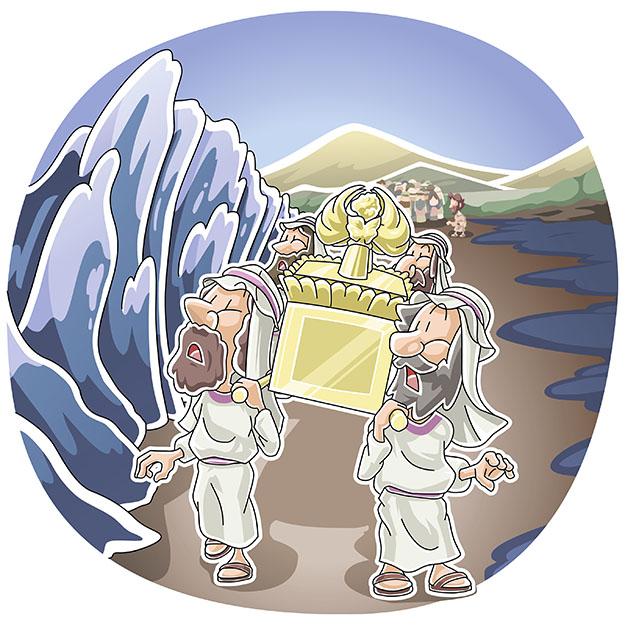
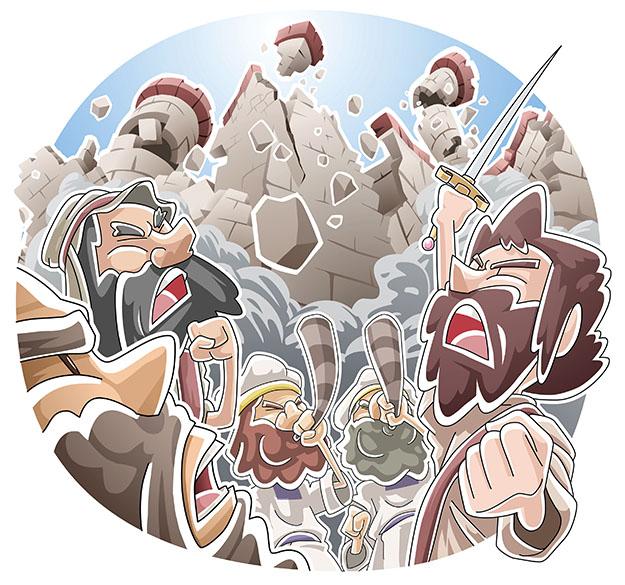



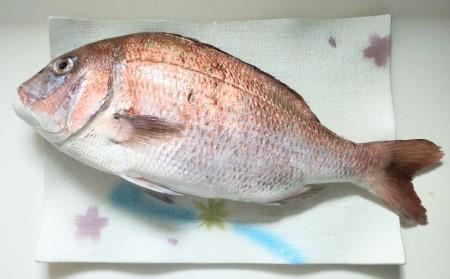
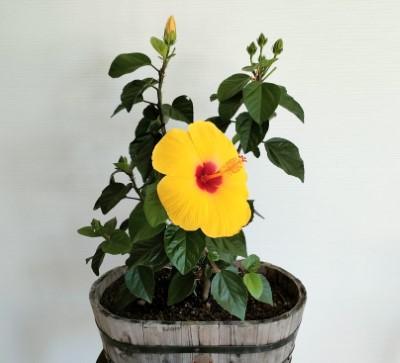




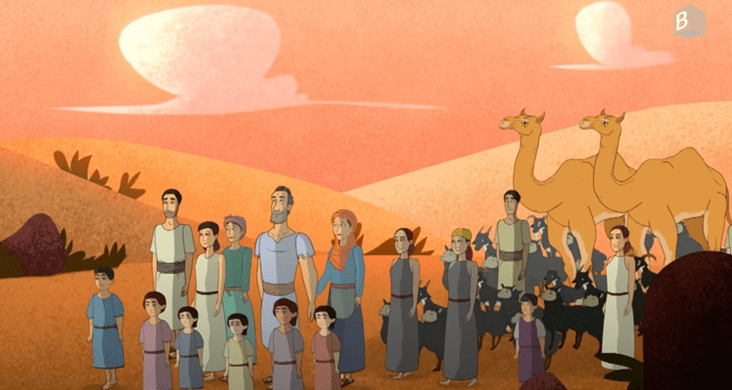
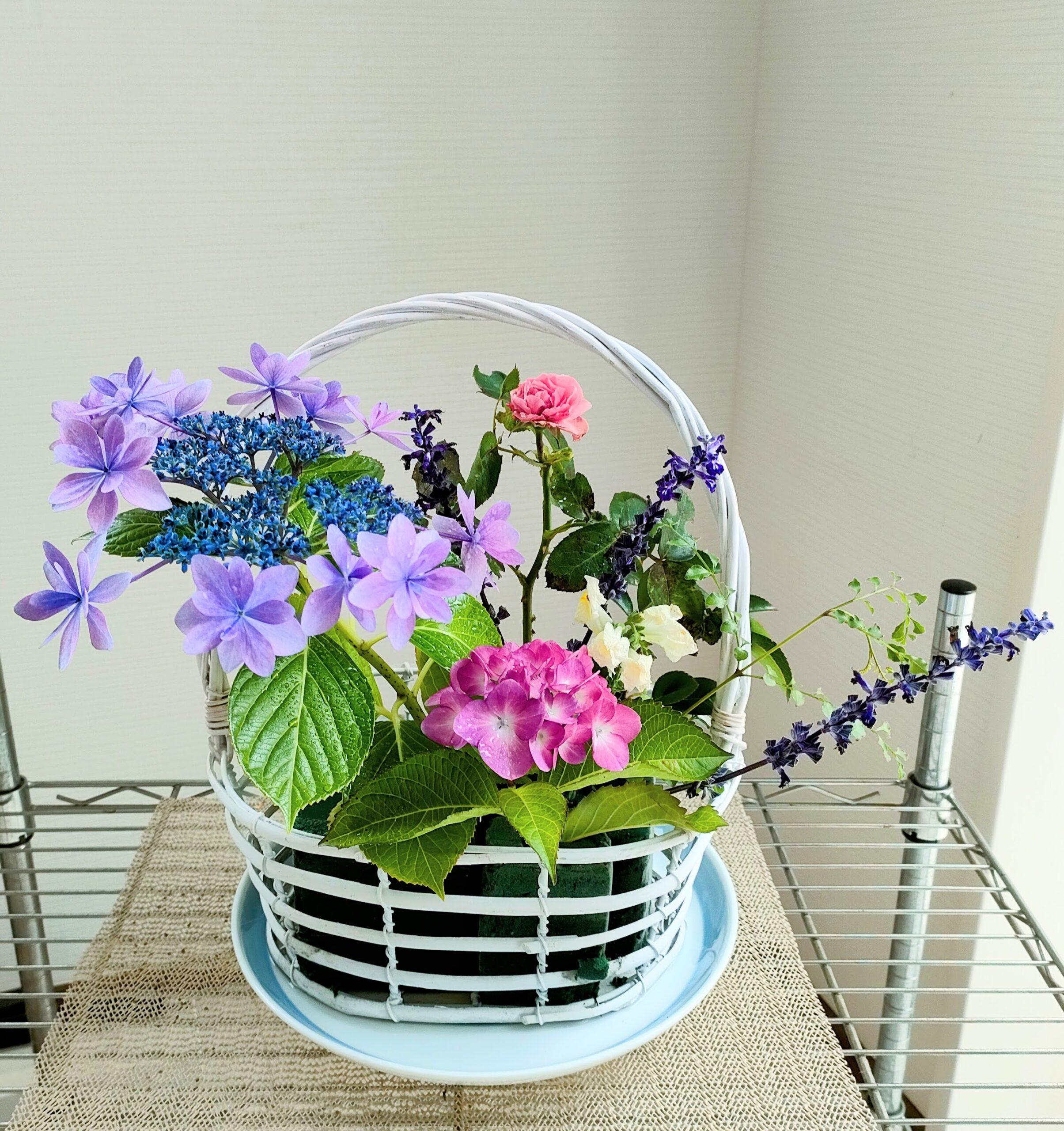
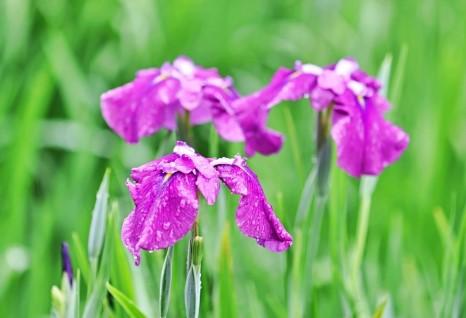






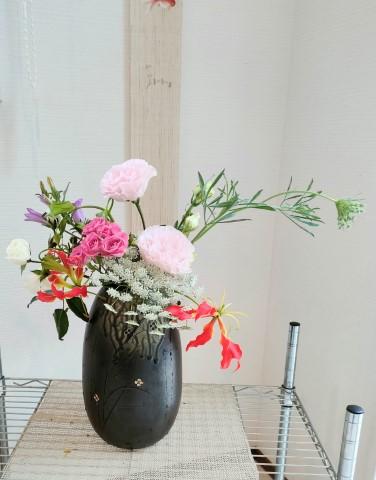


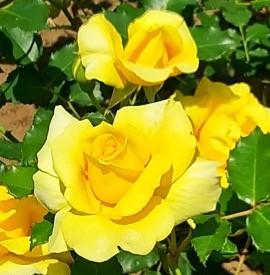
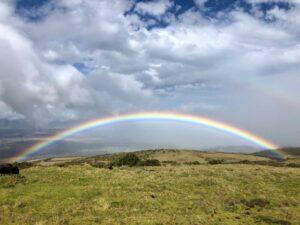

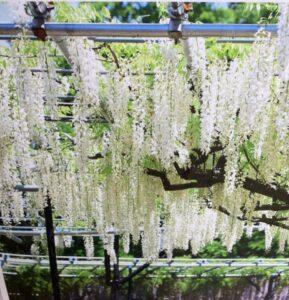



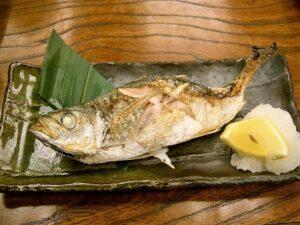

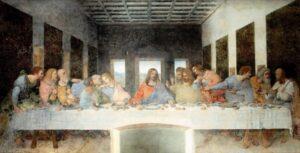
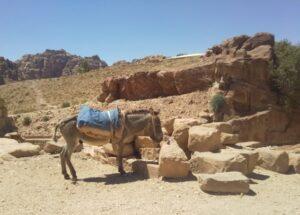








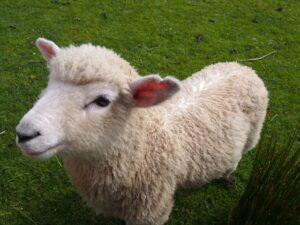

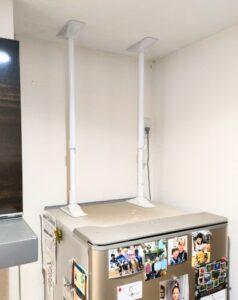


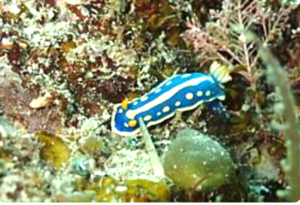








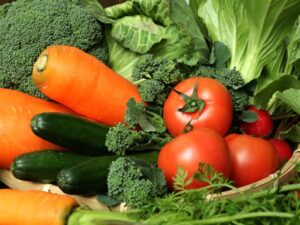

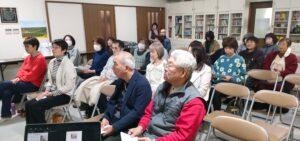

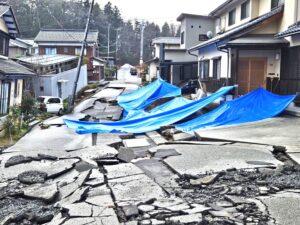
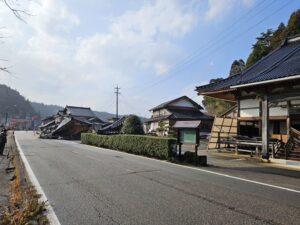
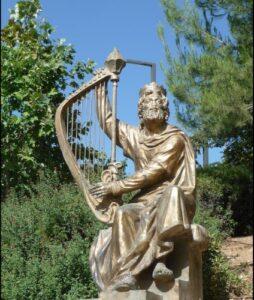

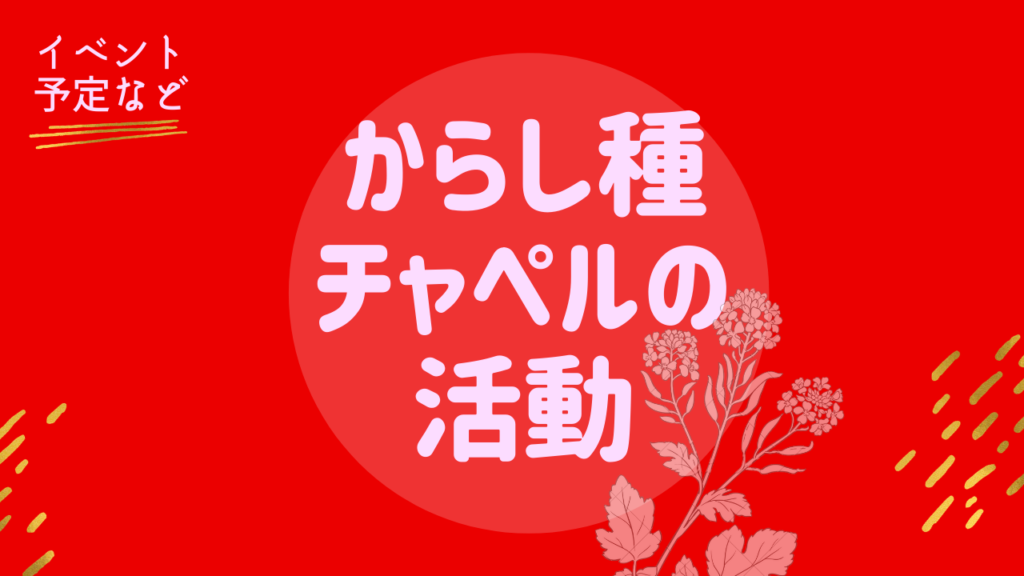 からし種チャペルの活動に関しては、ここからお入りください。皆様のご参加をお待ちしています。
からし種チャペルの活動に関しては、ここからお入りください。皆様のご参加をお待ちしています。